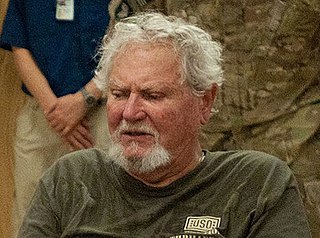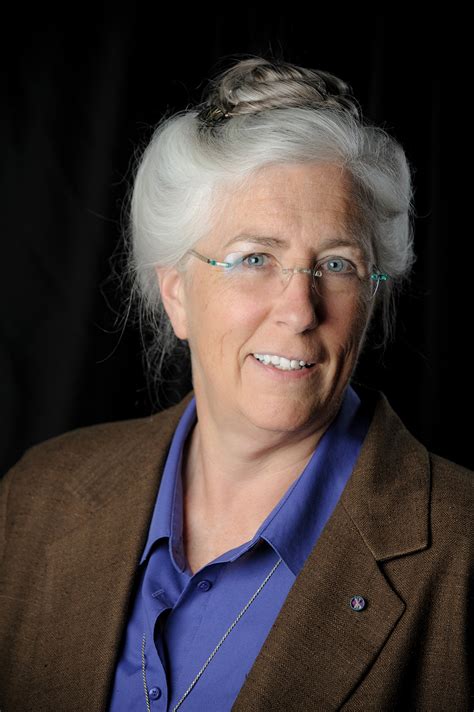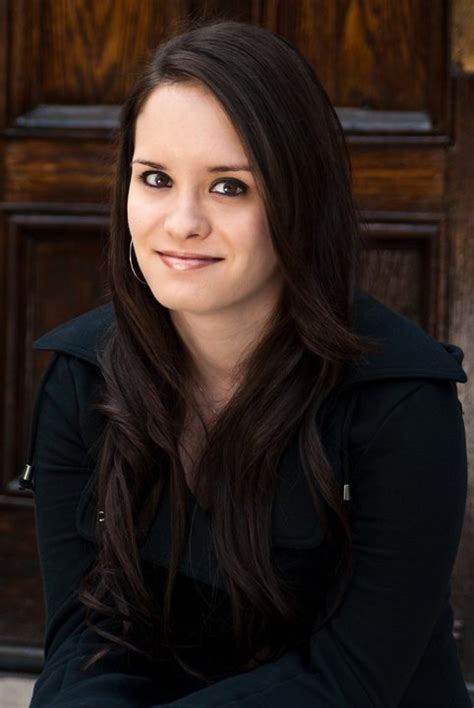A Quote by Taylor Sheridan
Plot is just not my gift. I'm fascinated with complex characters, and that doesn't mix well with complex plots. And by the way, when the plot is simple, you can move one piece around and make it feel fresh. Hell or High Water's a good example: I don't tell you why the brothers are robbing the bank.
Related Quotes
I plot as I go. Many novelists write an outline that has almost as many pages as their ultimate book. Others knock out a brief synopsis... Do what is comfortable. If you have to plot out every move your characters make, so be it. Just make sure there is a plausible purpose behind their machinations. A good reader can smell a phony plot a block away.
Some artists, such as Jack Kirby, need no plot at all. I mean I'll just say to Jack, "Let's let the next villain be Dr. Doom" ... or I may not even say that. He may tell me. And then he goes home and does it. He's so good at plots, I'm sure he's a thousand times better than I. He just makes up the plots for these stories. All I do is a little editing ... I may tell him that he's gone too far in one direction or another. Of course, occasionally I'll give him a plot, but we're practically both the writers on the things.
All propaganda or popularization involves a putting of the complex into the simple, but such a move is instantly deconstructive. For if the complex can be put into the simple, then it cannot be as complex as it seemed in the first place; and if the simple can be an adequate medium of such complexity, then it cannot after all be as simple as all that.
Fiction writers come up with some interesting metaphors when speaking of plot. Some say the plot is the highway and the characters are the automobiles. Others talk about stories that are "plot-driven," as if the plot were neither the highway nor the automobile, but the chauffeur. Others seem to have plot phobia and say they never plot. Still others turn up their noses at the very notion, as if there's something artificial, fraudulent, contrived.
The earliest influence on me was the movies of the thirties when I was growing up. Those were stories. If you look at them now, you see the development of character and the twists of plot; but essentially they told stories. My mother didn't go to the movies because of a religious promise she made early in her life, and I used to go to movies and come home and tell her the plots of those old Warner Brothers/James Cagney movies, the old romantic love stories. Through these movies that had real characters, I absorbed drama, sense of pacing, and plot.



































